Comment: EMA decision on lecanemab for Alzheimer’s
Today, the European Medicines Agency has made the decision not to approve lecanemab for the treatment of Alzheimer's disease. Here, UK DRI researchers comment on the news.
Read Article
Today, the European Medicines Agency has made the decision not to approve lecanemab for the treatment of Alzheimer's disease. Here, UK DRI researchers comment on the news.
Read Article
Research into the life-shortening neurological condition motor neuron disease (MND) will receive a major boost through the formation of a new data catalyst led by Health Data Research UK (HDR UK) and Dementias Platforms UK (DPUK), supported by the UK DRI.
Read Article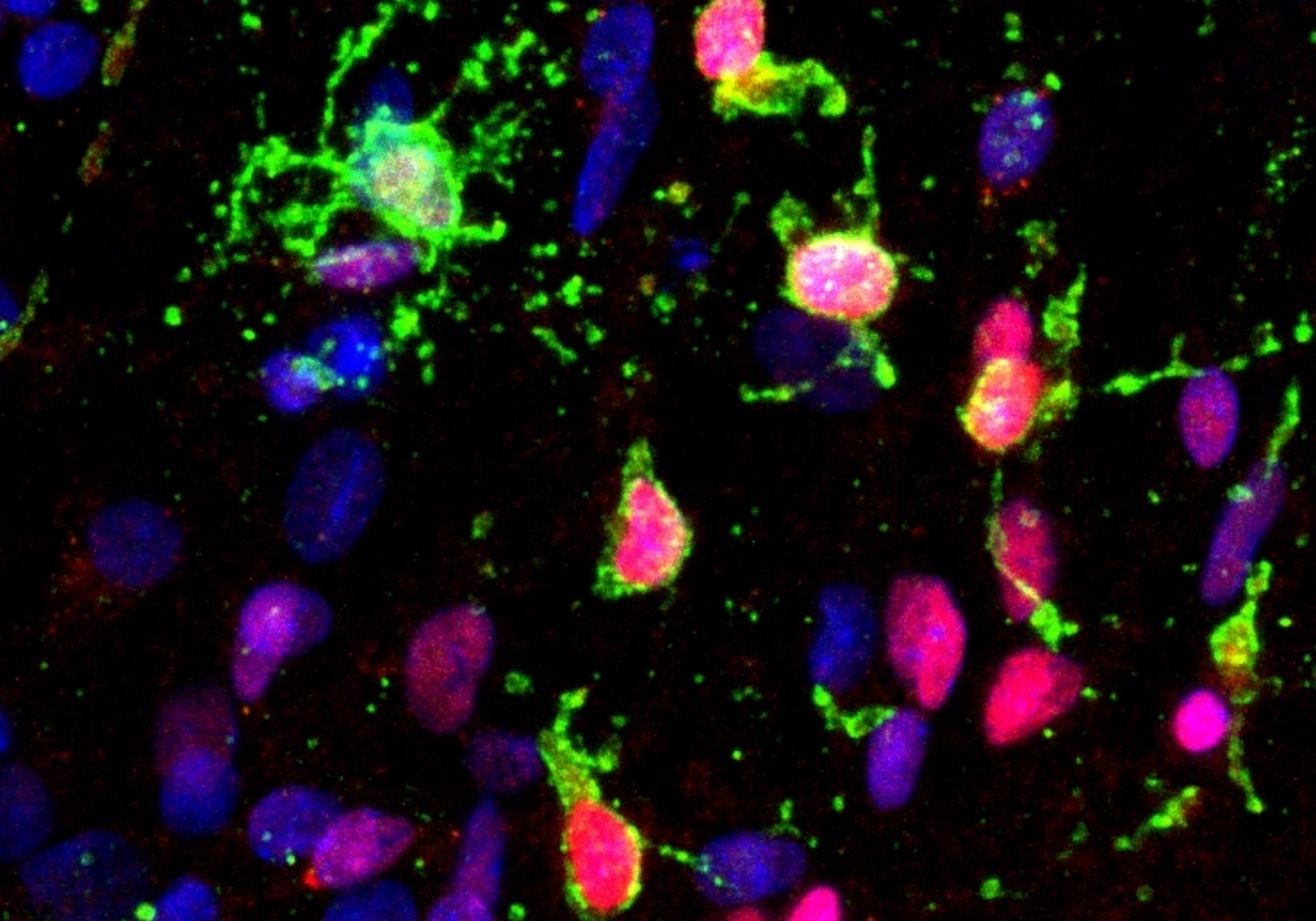
A study led by Dr Marc Aurel Busche (UK DRI at UCL) reveals a key role in Alzheimer’s progression for oligodendrocytes, as producers of harmful amyloid beta protein in the brain. The research, published in the journal PLOS Biology, could lead to new specific treatments for the condition that exhibit fewer side effects.
Read Article
Prof Julie Williams will be stepping down from her role as Director of the UK DRI at Cardiff from July 2024. As founding Director of the Cardiff Centre, Prof Williams established an exceptional research facility that has made significant advances in unravelling the complexities of neurodegenerative disease. Here, we take a look back at some of Prof Williams’ fantastic achievements, and the legacy she leaves behind.
Read Article
The UK DRI is to conduct a new two-year study to prepare its flagship digital care platform, Minder, for integration with the NHS and social care services. The study, funded by medical research charity LifeArc, will pave the way for a new era of digitally enabled, community-based care for people living with dementia, empowering the NHS and social care services to provide care of the highest quality to people with dementia in their own homes.
Read Article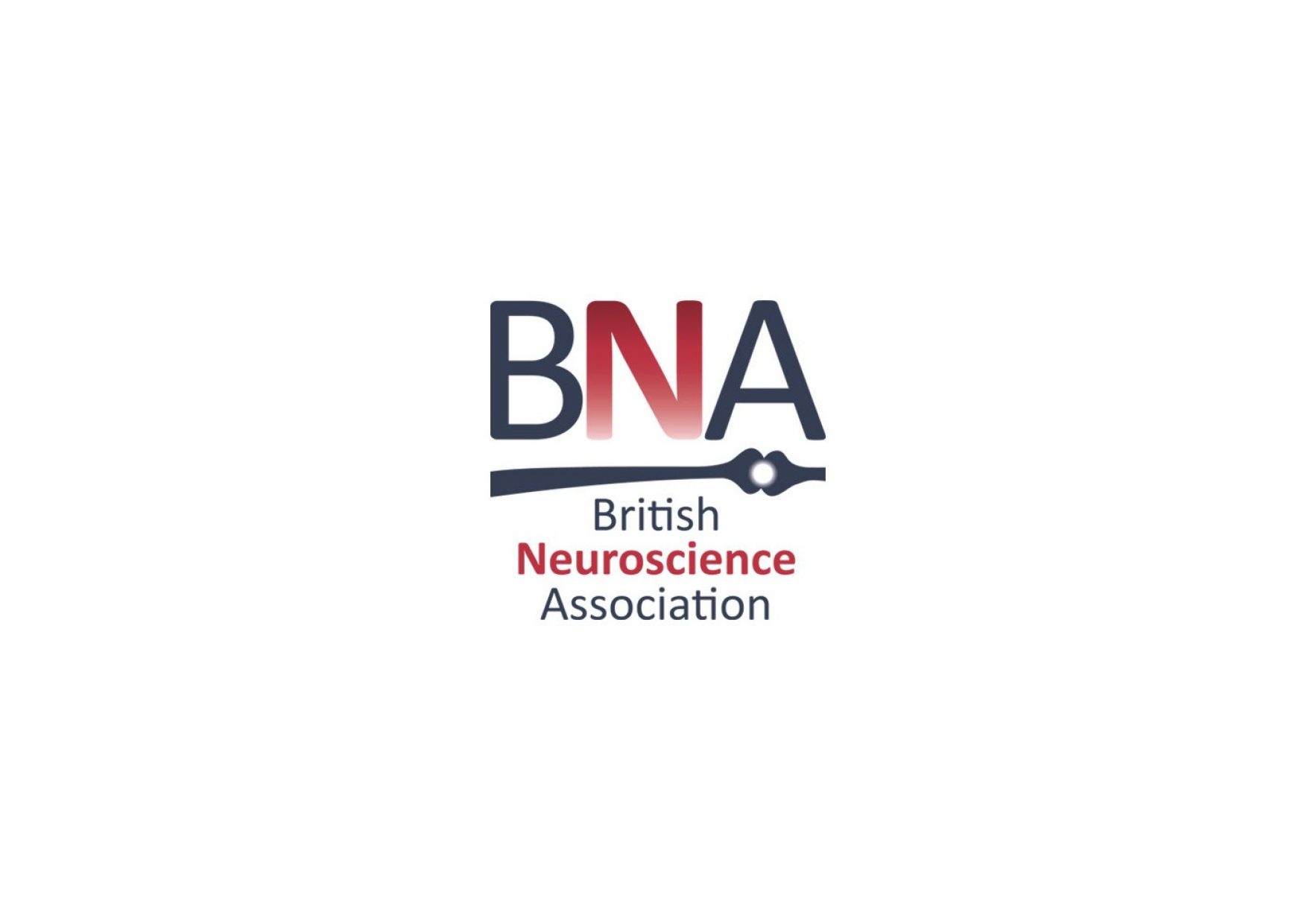
We are delighted to announce that Prof Julie Williams (UK DRI at Cardiff) has been awarded the British Neuroscience Association Award for Outstanding Contribution to Neuroscience.
Read Article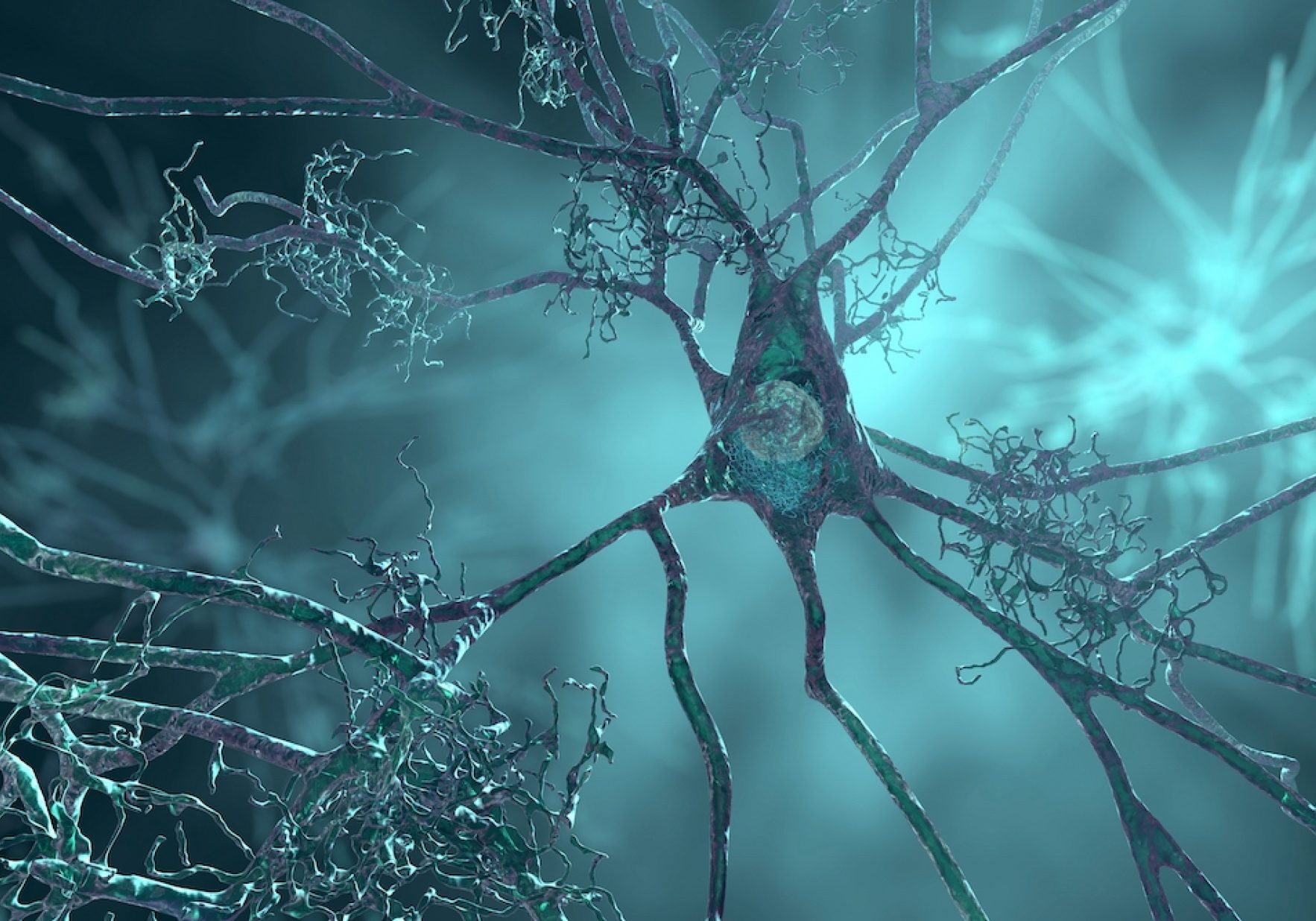
Research from the University of Sheffield’s Institute of Translational Neuroscience (SITraN), together with scientists from the UK DRI at Cambridge, reveals how a protein known as apolipoprotein E (APOE) interacts with amyloid-beta, and how this interaction affects the likelihood of developing Alzheimer's disease.
Read Article
The UK DRI has joined forces with other leading organisations across the sector to launch the Dementia Manifesto, urging the next UK government to take action on dementia. In the manifesto, the UK DRI together with Dementia UK, Alzheimer’s Research UK, Alzheimer’s Society and Alzheimer Scotland, have set out five key areas for change.

We are delighted to announce that Róisín NicAmhlaoibh will join the UK DRI as Chief Innovation and Business Officer, commencing September 2024.
Read Article
A study co-led by Professor David Hunt (UK DRI at Edinburgh) and Associate Professor Markus Hofer (The University of Sydney) reveals fresh insight into the mechanisms underlying a rare disease that can cause childhood dementia.
Read Article
Neurodegenerative disorders are a global challenge - and in the UK are the leading cause of death, with the cost of dementia in the UK in 2024 estimated to be £42 billion. It’s no surprise that digital solutions within the field of neurodegeneration are currently exploding as a consequence. The BioBeat24 half-day event, co-organised by the UK DRI, was all about exploring emerging opportunities both from research and clinical perspectives as well as understanding the fundraising environment for entrepreneurs.
Read Article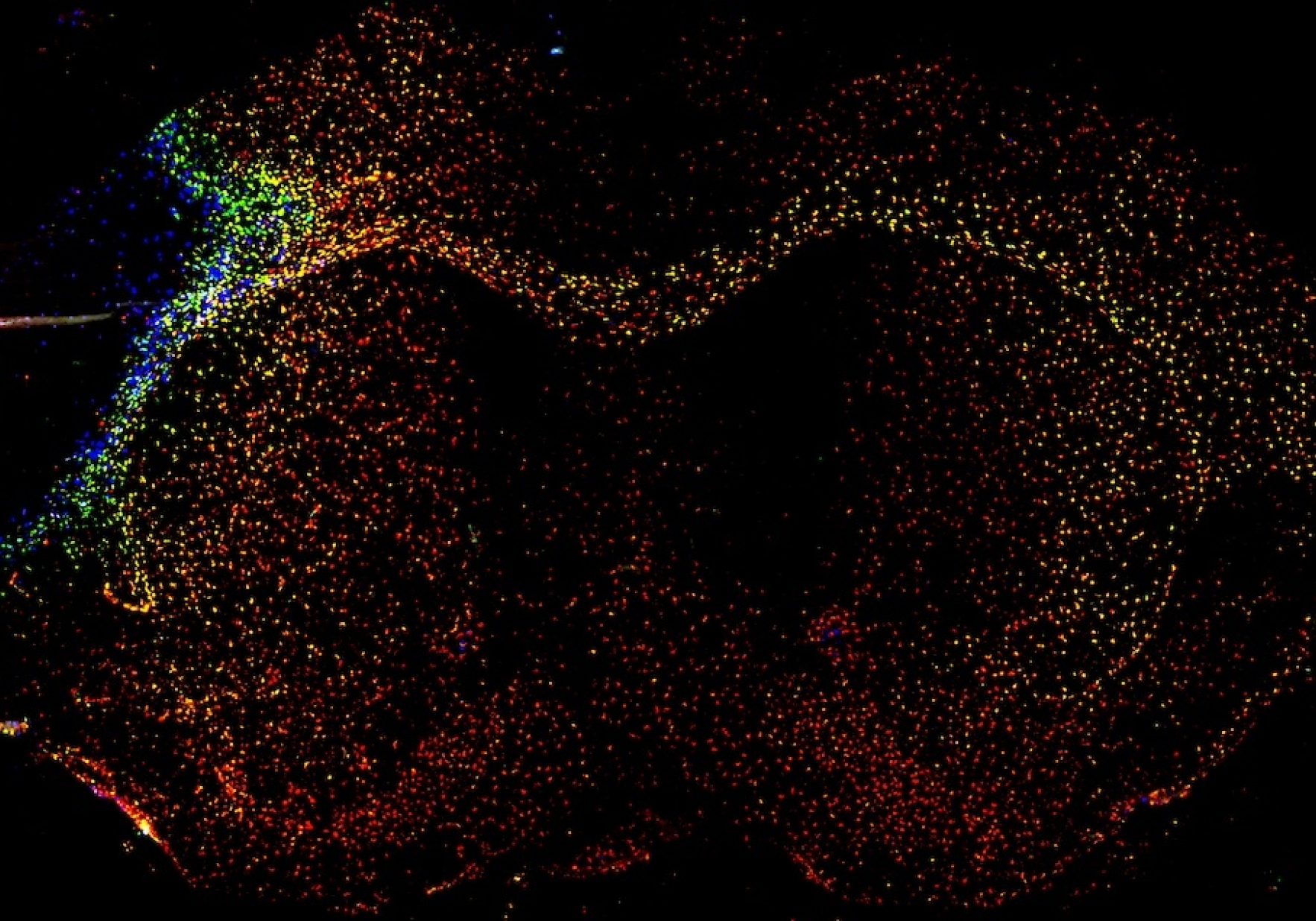
A new study led by Dr Barry McColl and Dr Jack Barrington (UK DRI at Edinburgh) reveals insight into cellular changes in the brain that occur after a stroke. The research, published in the journal Cell Reports, could open up new therapeutic avenues for the condition.
Read Article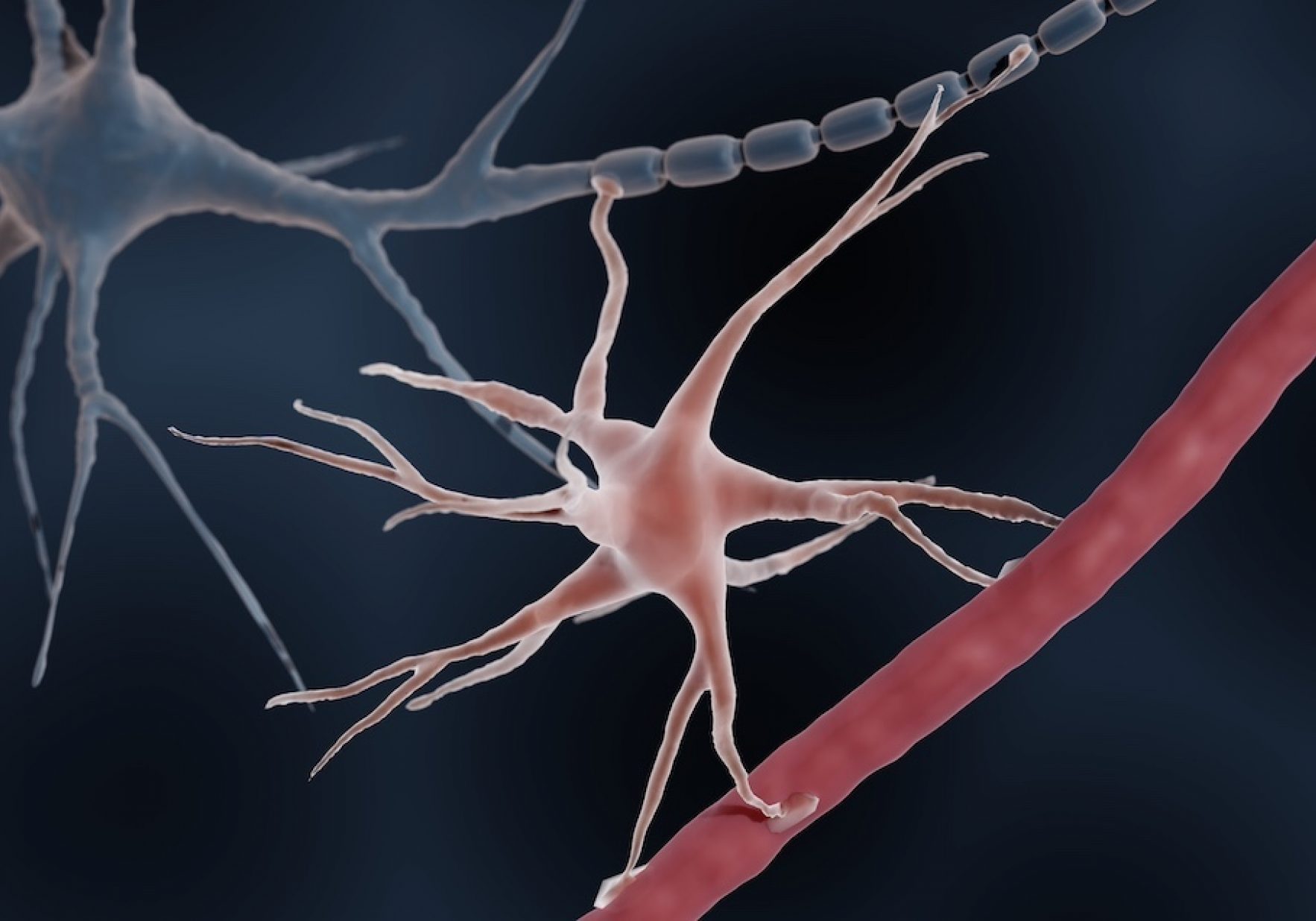
Researchers led by Dr Lorena Arancibia Cárcamo and Dr Anna Mallach at the UK DRI at UCL, the Francis Crick Institute and the VIB-KU Leuven Center for Brain & Disease Research have revealed how communication between support cells in the brain disrupts signals between neurons in mice modelling Alzheimer’s disease.
Read Article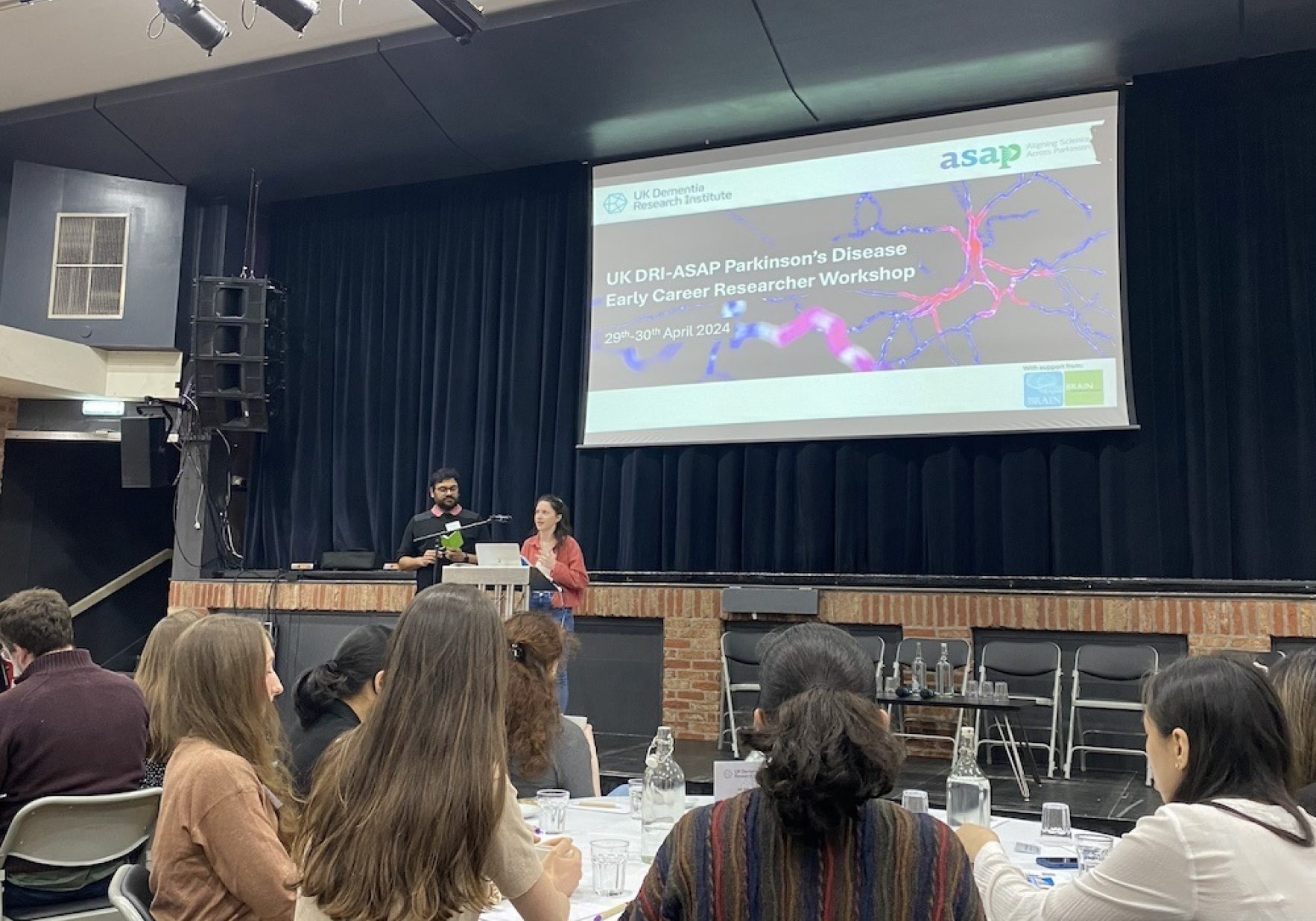
Researchers across the UK DRI are tackling Parkinson's from multiple angles, aiming to develop new diagnostic tools and treatments. We recently co-organised an event with Aligning Science Across Parkinson’s (ASAP), bringing together nearly 100 early career researchers (ECRs) from the UK DRI and ASAP, to discuss their work, share ideas and form new collaborations.
Read Article
We are thrilled to announce that Prof Tara Spires-Jones (UK DRI at Edinburgh) is one of 58 exceptional scientists today elected to the Academy of Medical Sciences Fellowship.
Read Article
We are delighted to announce that Jo Latimer will join the UK DRI as Chief Scientific Officer, commencing mid-August 2024.
Read Article
We are delighted to announce that Prof Sarah Tabrizi (UK DRI at UCL), Prof Bill Wisden and Prof Paul Elliott (both UK DRI at Imperial) have been elected as Fellows of the Royal Society for their outstanding research.
Read Article
The brain’s ability to rid itself of toxins may be reduced during sleep, surprising new UK DRI research reveals. The study, led by Prof Bill Wisden (UK DRI at Imperial) and Prof Nick Franks (Imperial College London), is published in the journal Nature Neuroscience.
Read Article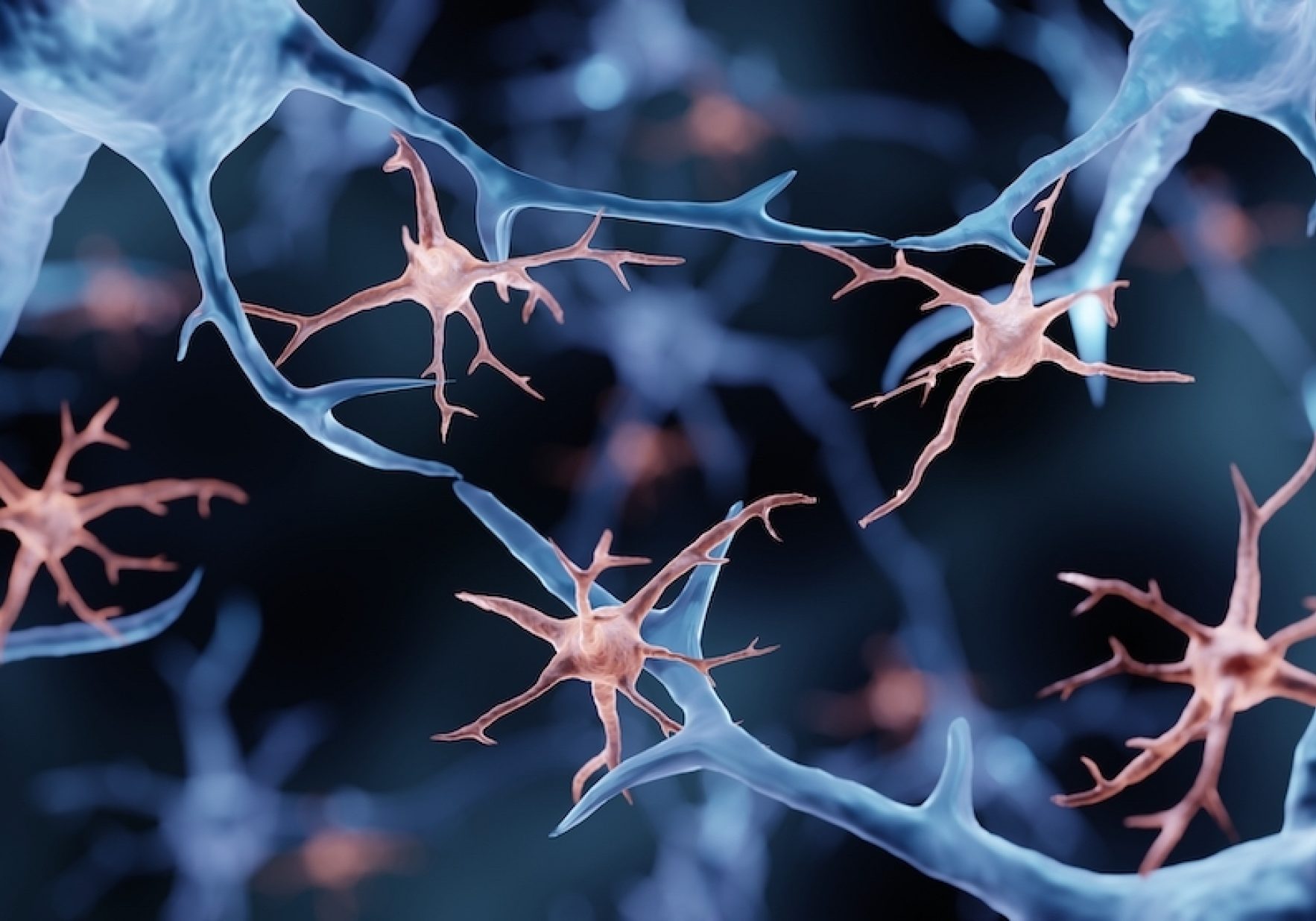
A study led by Prof Paul Matthews and Dr Nurun Fancy (both UK DRI at Imperial) provides important new insights into the mechanisms by which a process known as age-related cell senescence contributes to the progression of Alzheimer’s disease.
Read Article
We are delighted to announce the first recipients of the new ‘Key Questions’ intramural funding programme, leveraging the unique strengths and capabilities of our Institute to catalyse bold and ambitious research projects, which adopt multidisciplinary and innovative approaches.
Read Article